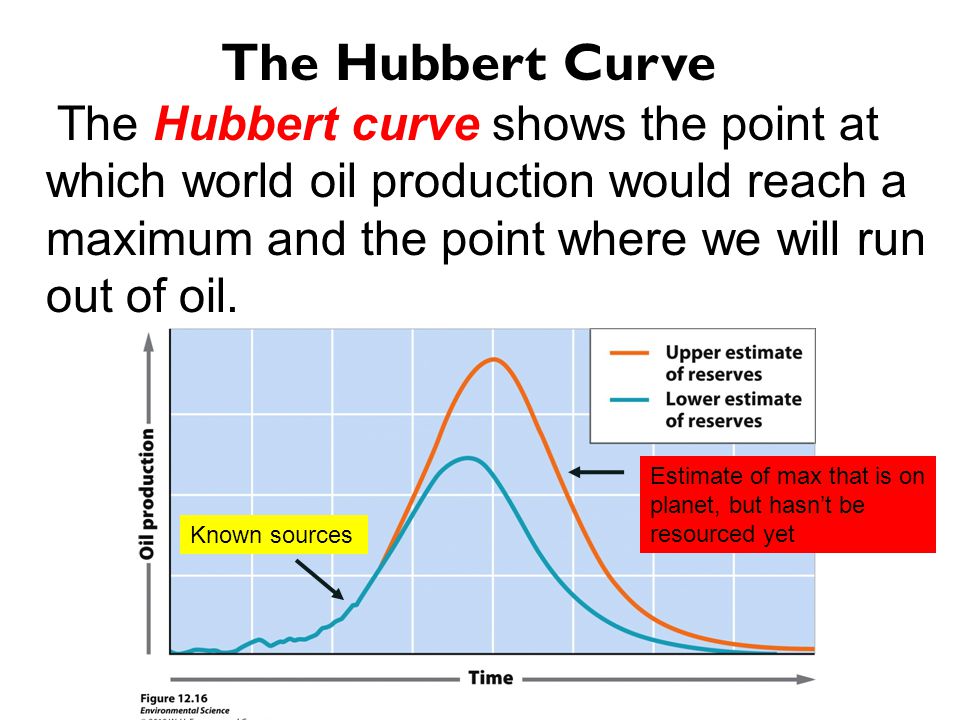Re: Improving Peak Oil Credibility
Plantie, one problem with peak oil credibility is that monthly, short-term production fluctuates a lot and interpreting any given drop as the all-time peak has several times proven mistaken.
Exploring Hydrocarbon Depletion
https://peakoil.com/forums/
https://peakoil.com/forums/improving-peak-oil-credibility-t74445-180.html
spike wrote:EIA says C+C is 81.2 mb/d, latest data. This graph seems wrong.
tita wrote:So, picking old graphs to make some point doesn't work.
shortonsense wrote:Once PO gets painted with the crackpottery brush, convincing any regular person of its value is more than difficult.
shortonsense wrote:mos6507 wrote: You're here to mirror JD's position in peak oil debunked, which is that peak oil is real, but nothing to worry about.
Actually, I am here because I believe that resource depletion is an important economic issue, and I am distressed that the topic is being sullied by crackpottery.
shortonsense wrote:Momma didn't raise no fool. I am doing just fine and dandy in THIS peak oil because I paid close attention during the LAST one.

spike wrote:Plantie, one problem with peak oil credibility is that monthly, short-term production fluctuates a lot and interpreting any given drop as the all-time peak has several times proven mistaken.
Plantagenet wrote: That means M. King Hubbert and many others who claimed the peak in US oil production was in 1970 were absolutely, totally and completely wrong.
vtsnowedin wrote:Plantagenet wrote: That means M. King Hubbert and many others who claimed the peak in US oil production was in 1970 were absolutely, totally and completely wrong.
That is a gross overstatement. That seventy years of technological advancement has allowed us to improve recovery rates enough to create a second uptick in US production does not negate the validity of Kings work. He often acknowledged the possibility of such advances and the margins of error they created.
vtsnowedin wrote:Plantagenet wrote: That means M. King Hubbert and many others who claimed the peak in US oil production was in 1970 were absolutely, totally and completely wrong.
That is a gross overstatement.



ROCKMAN wrote:Outcast - "That seventy years of technological advancement has allowed us to improve recovery rates enough to create a second uptick in US production does not negate the validity of Kings work."
Outcast_Searcher wrote:ROCKMAN wrote:Outcast - "That seventy years of technological advancement has allowed us to improve recovery rates enough to create a second uptick in US production does not negate the validity of Kings work."
Just for clarity, I agreed with this statement, but I didn't make it. That was vtsnowedin

But now we know his equation is wrong---it actually doesn't predict future oil production. Rather then going down since 1970 as Hubbert's equation predicted, US oil production has recently exploded upwards, exceeding the 1970s peak. Similarly, Hubbert's prediction of global peak oil in ca. 2000 has been proven wrong.
there is nothing wrong with his formula .....

Plantagenet wrote:there is nothing wrong with his formula .....
Except its proven to be useless for predicting the exact things that M. King Hubbert claimed he could predict.
His equation doesn't accurately predict the predict the total amount of oil that will be recovered, it doesn't predict the date when peak oil will occur, and it doesn't accurately predict the magnitude of the peak level of production, and it doesn't accurately predict the rate of decline after the peak.
Why not face facts? M. King Hubbert claimed that he had a scientific method of predicting changes in the rate of future oil production, but his equation doesn't do what he said it would do. His inaccurate predictions of when peak oil would occur should now be relegated to the long list of other people's inaccurate predictions of when peak oil would occur.
Except actual oil production rates for the US and global oil in the real world haven't behaved the way the "Hubbert curve" predicted they would, i.e. Hubbert's scientific hypothesis has been falsified.
Cheers!
vtsnowedin wrote:OK so Hubbert was wrong? dose that mean that we will never run short of oil?
His equation doesn't accurately predict the predict the total amount of oil that will be recovered, it doesn't predict the date when peak oil will occur, and it doesn't accurately predict the magnitude of the peak level of production, and it doesn't accurately predict the rate of decline after the peak.
vtsnowedin wrote:OK so Hubbert was wrong? dose that mean that we will never run short of oil?